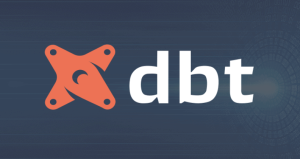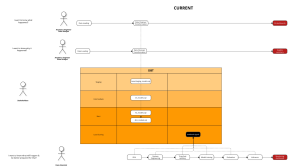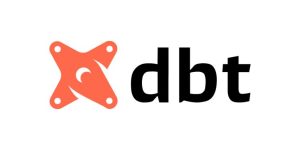In an article published in January 2018, by McKinsey, it is stated that most digital strategies wouldn’t reflect how digital would be changing economic fundamentals, industry dynamics, or what it means to compete. The processing power of today’s smartphones is several thousand times greater than that of the computers that landed a man on the moon in 1969. These devices connect most of the human population, and they’re only ten years old. It is foremost essential to embrace digital transformation. But there are challenges, and there are drawbacks, there are enigmas that organizations need to overcome.
Many companies are still locked into strategy-development processes that bend along on annual cycles. Only 8 percent of companies McKinsey surveyed, said their current business model would remain economically viable if their industry keeps digitizing at its current course and speed. There is this change resistance, budget and other constraints.
70 percent of complex, large-scale change programs don’t reach their stated goals.
1. Organizational Resistance to Change;
Many within an organization resist rapid change because it disrupts the way things have always been. It can be particularly difficult for workers who have been with a company for an extended period. There is also an element of risk for executive sponsorship because if a large-scale project fails, the blame will fall on them.
Kodak invented the digital camera, but it was the internal resistance to change that led the company to bury it, because it threatened the company’s legacy film business. Imagine what Kodak could have been had it done what Bell Atlantic did when it realized how bleak the future of landlines looked – it became Verizon, which is now a dominant figure in the broadband, wireless and cable television industries. Did mobile phones decimate the landline business? Yes it did. But Bell Atlantic “protected” itself by accepting that change was on the horizon and transformed itself by making difficult decisions required to adapt to that change.
2. A lack of Vision for A Digital Customer Journey
It’s often difficult to see the path to disruption in the market when a company is only focused on itself and what worked in the past. Blockbuster is a perfect example of this when at its peak it had over 9,000 stores worldwide but filed for bankruptcy in 2010 because it failed to see customer demand for streaming services like Netflix.
3. Ineffective Gathering and Leveraging of Customer Data
The root of digital success is customer data. There’s more to the tree than the root to be sure. Still, whether it’s Facebook, Amazon, Netflix or Uber, digital success stories have the effective gathering, storing and leveraging of customer data at the core.
Data is the driving force behind so many decisions and is quickly becoming a competitive advantage for companies in fast-moving industries. They must be able to gather effectively, clean, structure, serve, and analyze data to take advantage of this. Unfortunately, the complexity of fragmented data and in-demand skills needed to build these systems lead to ineffective data strategies. Some organizations also have trouble prioritizing the data they need and end up focusing on the wrong KPIs
4. Inflexible Technology Stack and Development Processes
Successful digital experiences are achieved through iteration. Successful digital properties almost always iterate to success via the ‘test and learn’ approach – where new features are being regularly added, measured , adjusted and pruned, based on user feedback and usage data . However, it is impossible to track this approach if your development process involves quarterly release cycles. Leveraging agile processes and technologies that support frequent, if not continuous integration and product releases are critical behaviors that lead to effective digital results.
5. The Legacy Businesses Model
Old systems and processes may hinder the ability of an organization to implement agile methods to iterate on their workflows and products. Additionally, these systems may be so woven into the fabric of the company that it requires costly changes. Systems must be updated continuously and regularly evaluated against alternatives.
- Joon Solutions Achieves the Data Analytics Partner Specialization in Google Cloud Partner Advantage Program - May 27, 2022
- Top 5 Digital Transformation Trends in 2021 and Beyond - September 21, 2021
- 6 Biggest Data Strategy Mistakes Every Company Must Avoid - September 13, 2021



